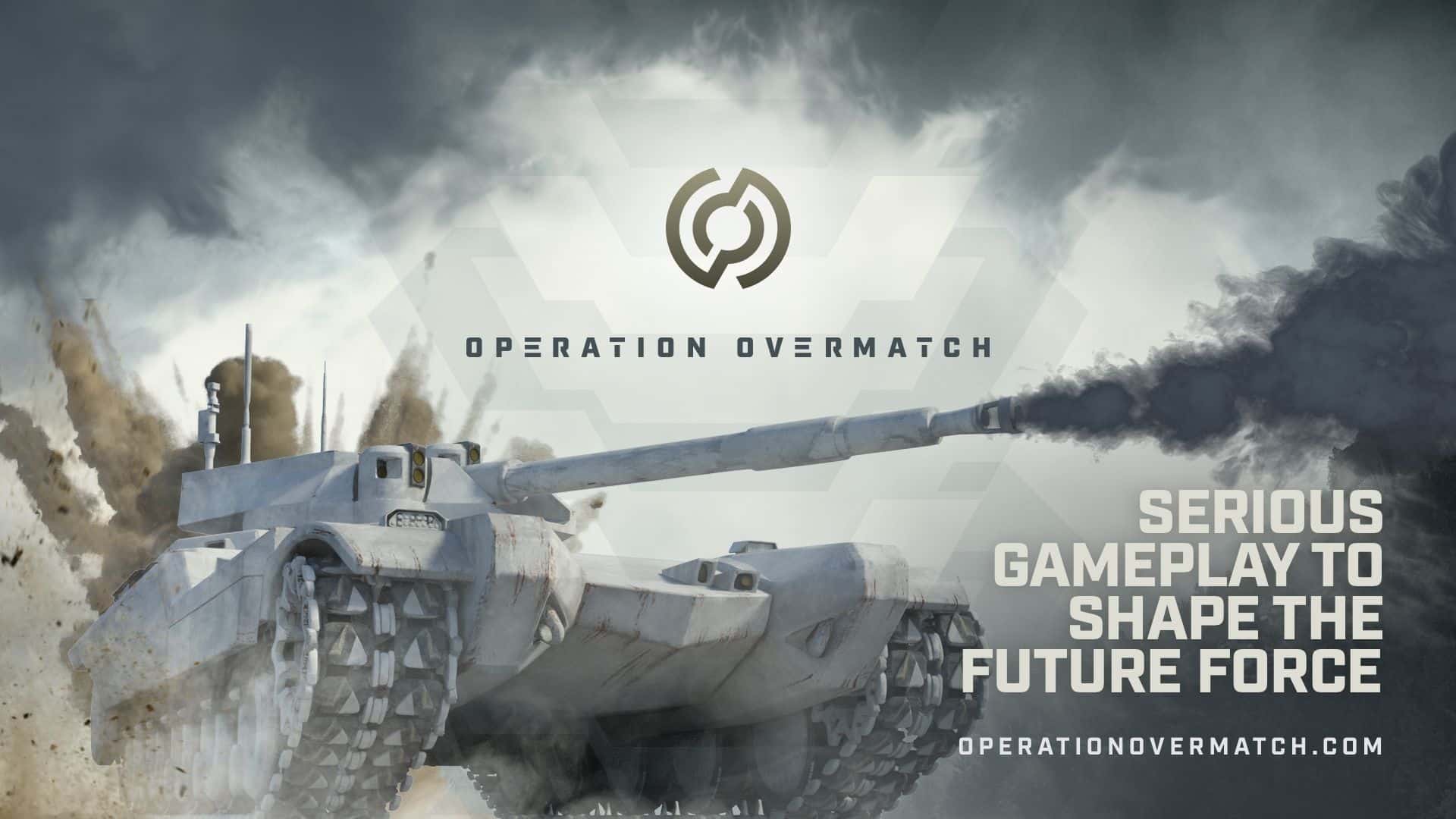The Army is rolling out a gaming system, Operation Overmatch, that Soldiers can use to test virtual versions of gear and operation concepts that could be implemented in the future.
“Gaming is a tremendous medium to connect Soldiers to the concept,” said Lt. Col. Brian Vogt with the United States Army Capabilities Integration Center. “Gaming is not just for entertainment anymore, now it is for experimenting.”
The Army’s Aviation and Missile Research, Development and Engineering Center’s Software Engineering Directorate’s Army Game Studio is coordinating with Army Capabilities Integration Center to develop Operation Overmatch, which is part of the Early Synthetic Prototyping program. The ESP process is a set of tools that enable Soldiers to inform technology development and acquisition decisions by designing and assessing emerging technologies in a game environment.
“This allows for improving ideas on future concepts,” said Vogt. “You can find things you like and don’t like. You can test future concepts. How you would use this gear? How would you be able to defeat the enemy in this scenario? You can shape ideas of what you think they should look like.”
Vogt has been the project lead since the beginning. “We started research on this in 2013,” he said. “We reached out to academia and industry to determine how to shape it. Operation Overmatch has been in development for about a year. Everyone involved [from the] Research, Development and Engineering Command and ARCIC have something they are trying to achieve.”
Operation Overmatch is still in the test phase, and the first 100 participants were hand-selected. The beta test will open in October and there will be a big push to get Soldiers from across the Army to sign up. Players will be added as development continues.
“The game is meant for Soldiers across the spectrum,” said Vogt.
Operation Overmatch’s audience includes Soldiers across the Army, including all ranks, all military occupational specialties, active duty, National Guard, Army Reserve and cadets. Department of the Army civilians, members of academia and industry partners will also be invited participate. Eventually, the game could be available to all the armed services, as well as international partners and allies.
“For Operation Overmatch to succeed we invite the participation and feedback of Soldiers, engineers, scientists, and other acquisition personnel,” said Mike Barnett, with the Army Game Studio. “We invite you to be a part of the agile development of our future forces to win in a complex world at www.operationovermatch.com.”










